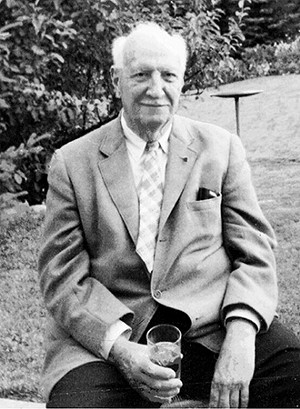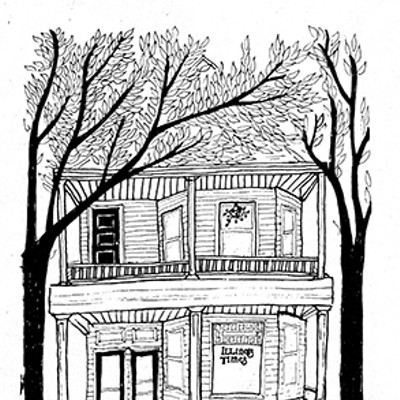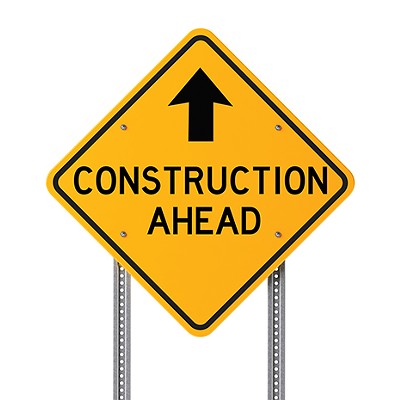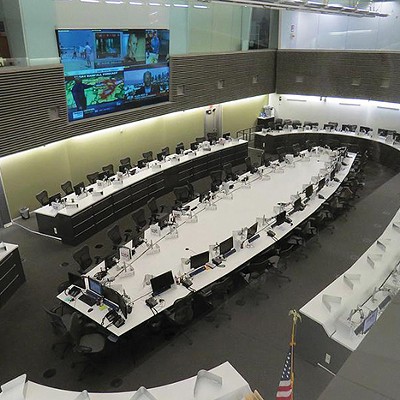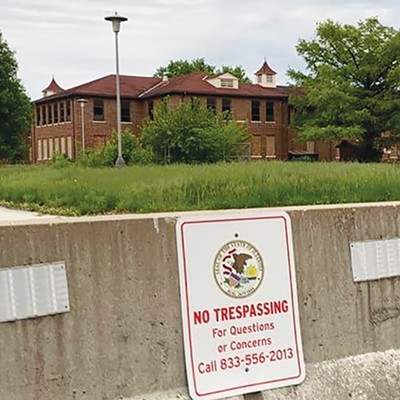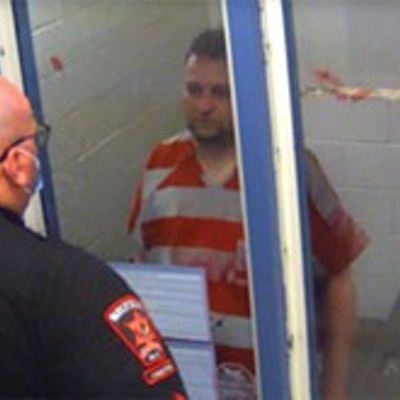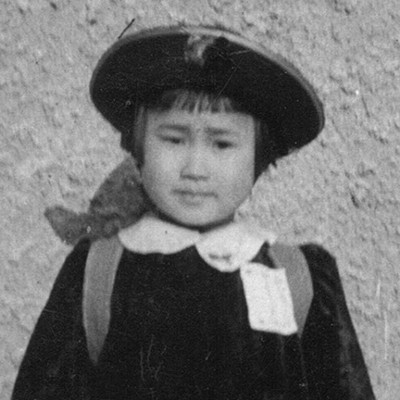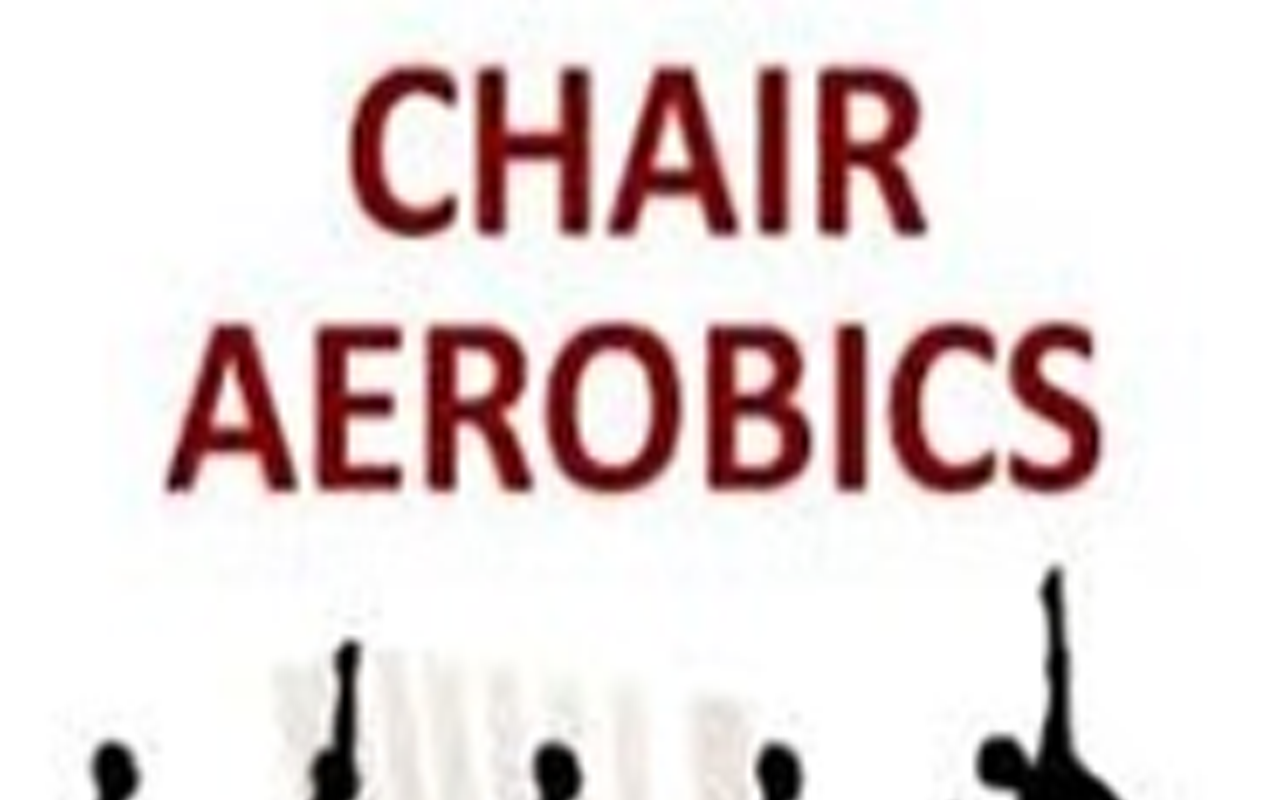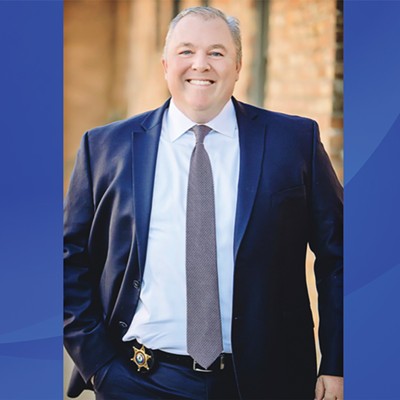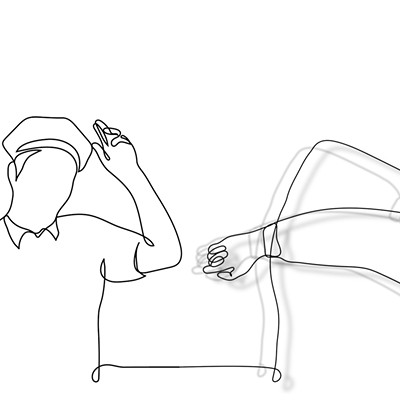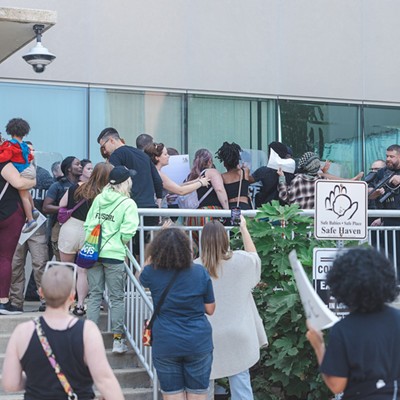The blossomy haw, remembered
Natural beauty and politics
[
{
"name": "Air - MedRect Combo - Inline Content 1",
"component": "11490391",
"insertPoint": "3",
"requiredCountToDisplay": "1",
"parentWrapperClass": "fdn-ads-inline-content-block"
},{
"name": "Air - MedRect Combo - Inline Content 2",
"component": "11490392",
"insertPoint": "7",
"requiredCountToDisplay": "5",
"parentWrapperClass": "fdn-ads-inline-content-block"
},{
"name": "Air - MedRect Combo - Inline Content 3",
"component": "11490393",
"insertPoint": "12",
"requiredCountToDisplay": "9",
"parentWrapperClass": "fdn-ads-inline-content-block"
}
]
Paul Scott Mowrer was born in Bloomington in 1887 and lived there until he was in the sixth grade. In short, everything important that can happen to a boy in the normal course of growing up happened to him in mid-Illinois. While he never came back to live, pursuing instead a career as a prize-winning journalist and editor at the Chicago Daily News, Mowrer returned to Illinois often in recollection.
Mowrer wrote creditable poetry, a talent less unusual in newspapermen of that generation than it is today. The first half of his 1941 collection, Poems Between the Wars, is titled “Hail, Illinois!” Many of these poems evoke his boyhood in and around Bloomington. The book is a slight one, but it makes interesting reading at a moment when a great many Illinoisans, it appears, are rethinking their allegiance to this state.
An interesting introduction to this collection – more interesting than the poems in many ways – was written by Donald Culross Peattie. Peattie is that most derided of prosist, the Nature Writer, but he remains one of Illinois’ best writers in spite of his chosen subject matter. Like Mowrer, Peattie had spent time in France, and the two bonded, both “finding that we had two native countries, and that wherever we were, we were half in love with the other [country].”
Anyone who has spent time in France is likely to respond to that statement with a heartfelt “Huh?” Peattie had encountered that skepticism before. “In Europe, and anywhere east of the Appalachians in America, you can talk in vain before you will make anyone understand the slow, fertile, homely beauty of the Middle West,” he wrote. “To those not born of it, it seems to remain perpetually freshwater, hayseed, at best utilitarian, and at its normal worst a country without a hill to lift the heart, or a bend in the road to beckon you on.”
I can add that you also can talk in vain before you will make anyone understand it on the West Coast of the U.S. We must own up to the fact that outsiders believe it mainly because this part of the world is indeed freshwater, hayseed, at best utilitarian, and at its normal worst a country without a hill to lift the heart, or a bend in the road to beckon you on. Yet Mowrer and Peattie loved it.
Their affection puzzled Peattie too. “To those not born to it, how much of what we miss about our childhood home is in fact our childhood?” he asked. Just about all of it, I’d say. Our early experience of nature enlarges our experience of childhood, and thus our recollections of it. And his and Mowrer’s experience of nature in Illinois a century ago was very different from ours because nature in Illinois is very different.
In one of his poems, Mowrer remembered his romps as a boy with his brother during weekend excursions in the countryside to go nutting or collect berries: “Under the maples, under the blossomy haw tree/That was the wisdom brought by the breaking stormcloud/Out of ancestral memory, out of our childhood/There on the prairie.” “Haw tree” is a once-common name for one of our several native hawthorns. These small trees are also commonly called thornapples, May-trees, whitethorns or hawberries. I wonder, though, whether many Illinoisans these days call them anything at all, seldom encountering them, or not knowing a word for them if they do.
A few years ago the estimable public scientists at the Illinois Natural History Survey noted that most road rights-of-way in Illinois were planted with species not native to Illinois or even the United States. “We must reevaluate approaches to roadside design,” wrote the INHS’s Ken Robertson. One alternative is to replant highway corridors, interchanges and rest areas with native plants, which would in turn would provide needed habitat for native birds, insects and mammals – including motorists, most of whose experience of the Illinois countryside is limited to these barren corridors.
Robertson duly noted eight environmental benefits in turning our roadways into gardens of Illinois plants, adding, “Highway landscaping with native species also contributes to the scenic beauty of Illinois and leaves motorists with a favorable, if not nostalgic, image.”
Spend public money on beauty when the public is in a sour mood about public spending for even better things? I suggest that the lack of beauty and the sour mood might be connected. The fact that we have so few opportunities for the kinds of experiences that the young Mowrer and Peattie did explains why Illinoisans are so indifferent to the place. That matters politically, if, as I believe, we split so easily into us vs. them because there is no “here” to which we feel a larger allegiance.
Contact James Krohe Jr. at [email protected].
Mowrer wrote creditable poetry, a talent less unusual in newspapermen of that generation than it is today. The first half of his 1941 collection, Poems Between the Wars, is titled “Hail, Illinois!” Many of these poems evoke his boyhood in and around Bloomington. The book is a slight one, but it makes interesting reading at a moment when a great many Illinoisans, it appears, are rethinking their allegiance to this state.
An interesting introduction to this collection – more interesting than the poems in many ways – was written by Donald Culross Peattie. Peattie is that most derided of prosist, the Nature Writer, but he remains one of Illinois’ best writers in spite of his chosen subject matter. Like Mowrer, Peattie had spent time in France, and the two bonded, both “finding that we had two native countries, and that wherever we were, we were half in love with the other [country].”
Anyone who has spent time in France is likely to respond to that statement with a heartfelt “Huh?” Peattie had encountered that skepticism before. “In Europe, and anywhere east of the Appalachians in America, you can talk in vain before you will make anyone understand the slow, fertile, homely beauty of the Middle West,” he wrote. “To those not born of it, it seems to remain perpetually freshwater, hayseed, at best utilitarian, and at its normal worst a country without a hill to lift the heart, or a bend in the road to beckon you on.”
I can add that you also can talk in vain before you will make anyone understand it on the West Coast of the U.S. We must own up to the fact that outsiders believe it mainly because this part of the world is indeed freshwater, hayseed, at best utilitarian, and at its normal worst a country without a hill to lift the heart, or a bend in the road to beckon you on. Yet Mowrer and Peattie loved it.
Their affection puzzled Peattie too. “To those not born to it, how much of what we miss about our childhood home is in fact our childhood?” he asked. Just about all of it, I’d say. Our early experience of nature enlarges our experience of childhood, and thus our recollections of it. And his and Mowrer’s experience of nature in Illinois a century ago was very different from ours because nature in Illinois is very different.
In one of his poems, Mowrer remembered his romps as a boy with his brother during weekend excursions in the countryside to go nutting or collect berries: “Under the maples, under the blossomy haw tree/That was the wisdom brought by the breaking stormcloud/Out of ancestral memory, out of our childhood/There on the prairie.” “Haw tree” is a once-common name for one of our several native hawthorns. These small trees are also commonly called thornapples, May-trees, whitethorns or hawberries. I wonder, though, whether many Illinoisans these days call them anything at all, seldom encountering them, or not knowing a word for them if they do.
A few years ago the estimable public scientists at the Illinois Natural History Survey noted that most road rights-of-way in Illinois were planted with species not native to Illinois or even the United States. “We must reevaluate approaches to roadside design,” wrote the INHS’s Ken Robertson. One alternative is to replant highway corridors, interchanges and rest areas with native plants, which would in turn would provide needed habitat for native birds, insects and mammals – including motorists, most of whose experience of the Illinois countryside is limited to these barren corridors.
Robertson duly noted eight environmental benefits in turning our roadways into gardens of Illinois plants, adding, “Highway landscaping with native species also contributes to the scenic beauty of Illinois and leaves motorists with a favorable, if not nostalgic, image.”
Spend public money on beauty when the public is in a sour mood about public spending for even better things? I suggest that the lack of beauty and the sour mood might be connected. The fact that we have so few opportunities for the kinds of experiences that the young Mowrer and Peattie did explains why Illinoisans are so indifferent to the place. That matters politically, if, as I believe, we split so easily into us vs. them because there is no “here” to which we feel a larger allegiance.
Contact James Krohe Jr. at [email protected].
Illinois Times has provided readers with independent journalism for almost 50 years, from news and politics to arts and culture.
Your support will help cover the costs of editorial content published each week. Without local news organizations, we would be less informed about the issues that affect our community..
Got something to say?
Send a letter to the editor and we'll publish your feedback in print!

